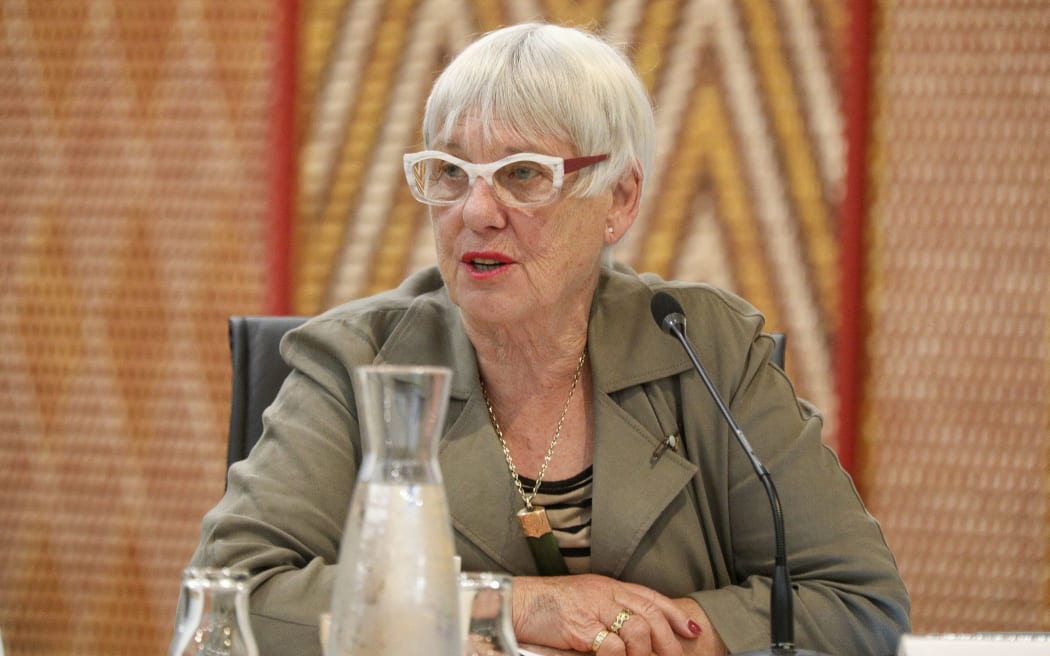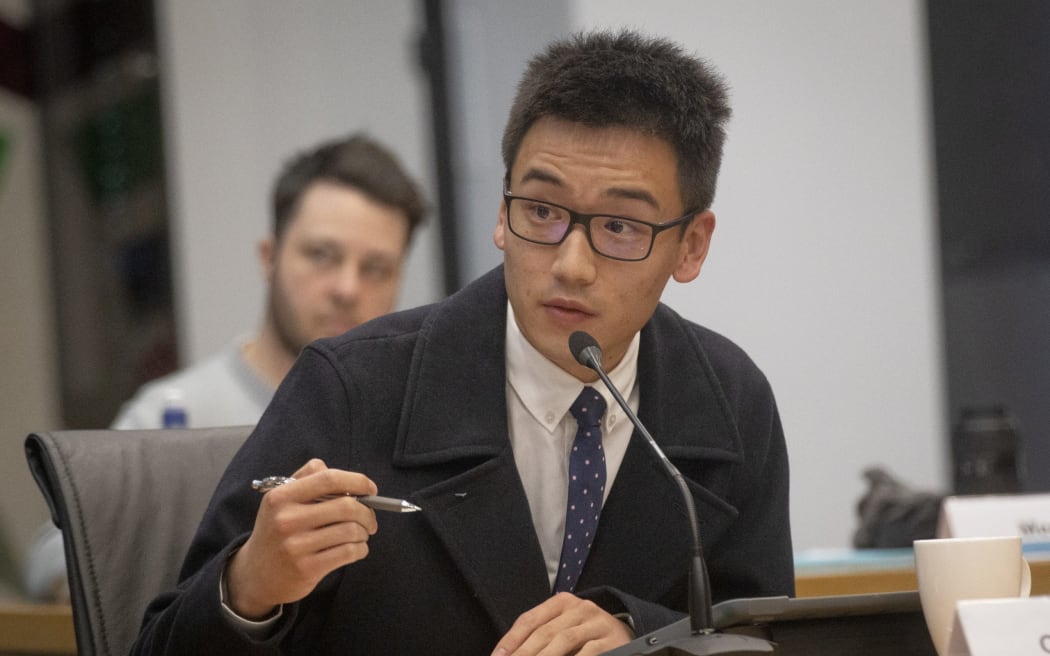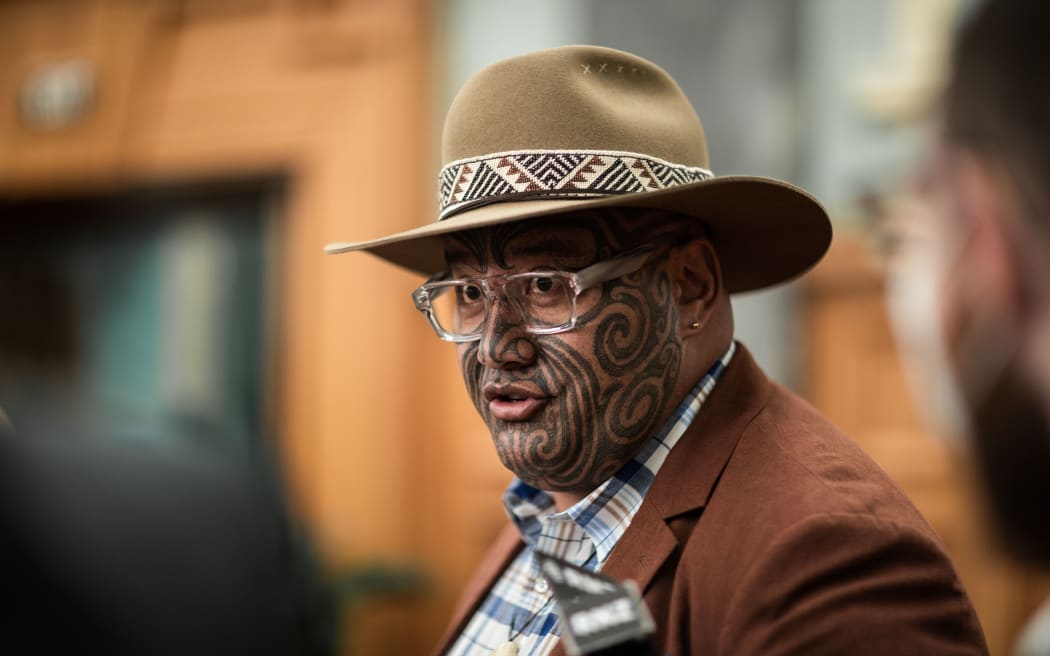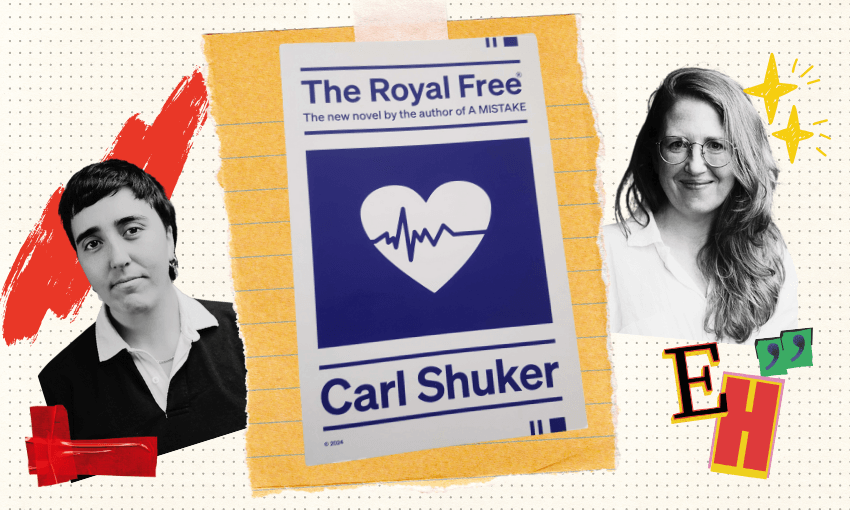Dentists and politicians alike are welcoming a Ministry of Health directive to fluoridate Rotorua’s water, but a local MP says cheaper dentist trips would be more effective.
Fourteen local authorities now have between six months and three years to fluoridate their water supply.
Photo: 123rf
The reactions follow the Director-General of Health Ashley Bloomfield’s announcement on Wednesday that 14 local authorities – including Rotorua Lakes Council – would be directed to add fluoride to some or all of their water supplies.
It was the first time the power has been used since a law change last year to enable it.
Rotorua Lakes Council was asked to add fluoride to two of its nine supplies – the central and eastern water supplies.

The government was adding a financial sweetener however, with an invitation for the 14 local authorities to apply for a slice of an $11.3 million fund for capital projects to enable fluoridation.
Rotorua mayor Steve Chadwick, a former midwife, said fluoridation was controversial and “often emotive” but “long overdue”.
“I have always believed decisions about fluoridating or not should sit with health authorities that are responsible for public health, rather than leaving it to local authorities.
“Successive [Rotorua] councils have been unable to reach a consensus and the voting has always gone against fluoridation.
“Some in our community will be unhappy about this, but as a former health professional and a former associate minister of health, I personally support fluoridation as a public health initiative.”

Rotorua mayor Steve Chadwick
Photo: LDR/ Rotorua Daily Post/ Andrew Warner
Retired Rotorua dentist Stewart Edward said fluoride was an “important part” of a “toolkit” for dental health alongside consistent dental hygiene, regular dentist visits and a good diet.
“I really welcome it. I’m delighted to see it.”

Retired Rotorua dental surgeon Stewart Edward
Photo: Local Democracy Reporting/ Rotorua Daily Post – Andrew Warner
He said there was so much analysis on its benefits it was time that it became a “natural part” of the prevention of tooth decay.
“Oral health is such an important part of general health.”
He said it had been a “contentious issue for some time”, but its implementation would lead to better health outcomes for the community.
Rotorua district councillor Fisher Wang said it was a move he welcomed “with open arms”, and was “a really long time coming”.
“It’s absolutely needed.
“Something like this is almost a bare minimum that the Ministry of Health can do to improve dental hygiene in New Zealand.”

Rotorua District councillor Fisher Wang
Photo: Local Democracy Reporting/ Rotorua Daily Post – Andrew Warner
He said New Zealand had poor statistics for oral hygiene and tooth decay.
“It’s a serious problem that really needs to be addressed, and this is one of the stepping stones to address it.”
He said dental services were often “unaffordable” for some families and fluoridation would help mitigate that, although it would take some time to bear fruit.
He said there was “some concern” from some people about fluoride, but there was “so much research” not just in New Zealand but worldwide about fluoride.
“It works.”
Wang said it was something he wanted to change when he was elected to the council, but after the law change in 2021 it was taken out of the hands of councils.

Waiariki MP Rawiri Waititi
Photo: RNZ / Samuel Rillstone
Waiariki MP and Te Pāti Māori co-leader Rawiri Waititi said the priority should be making oral health check-ups affordable, alongside increasing oral health education in schools and with whānau.
“We are not going to drink our way to improving oral health inequities for whānau.
“Access to oral healthcare is a massive issue for our Māori and Pasifika communities.
“What also helps prevent tooth decay is eating healthy food. Solutions such as removing the GST from healthy kai such as fruit and vegetables, so that whānau can afford to live a healthier lifestyle, will help change the health inequities our communities face long term.”
Rotorua MP Todd McClay said he agreed with the decision being taken out of the hands of politicians and given to health professionals, but said he had lobbied for local communities to be consulted.
“It doesn’t appear that’s happened.”
He was also concerned that funding for its implementation would not go far enough and didn’t want to see Rotorua ratepayers footing the bill.
Rotorua Lakes Council acting deputy chief executive of infrastructure and environmental solutions Regan Fraser said the council would consider the information provided and look at the necessary steps needed to implement the directive.
That would include drinking water treatment plant upgrades for the central and eastern supplies, he said.
“Fluoridation is a policy matter that has been considered a number of times by elected members in the past with voting by successive councils going against introducing fluoride to our water supplies.”
The council most recently considered fluoridation in 2014, he said.
![Bay of Plenty regional councillor Lyall Thurston. Photo / File / Andrew Warner / Rotorua Daily Post [via ldr single use only]
RGP 01May21 - Rotorua Lakes councillor Fisher Wang. PHOTO / FILE](https://rnz-ressh.cloudinary.com/image/upload/s--fbtO648w--/ar_16:10,c_fill,f_auto,g_auto,q_auto,w_1050/4M5VUMN_copyright_image_272181)
Lyall Thurston
Photo: Andrew Warner / Rotorua Daily Post
Lyall Thurston, who was previously a Lakes District Health Board member before it was dissolved on 1 July, said he understood fluoridation was a “polarising” issue but he was “guided by health professionals”, especially dentists.
He said the directive was “a major public health initiative”.
On Wednesday, Bloomfield said fluoridation was proven to be a “safe, affordable and effective method of preventing tooth decay”.
“Community water fluoridation benefits everyone, but especially children, Māori, Pasifika and our most vulnerable.”
He said fluoridation was supported by the Pasifika Dental Association and Te Ao Mārama (the Māori Dental Association).
“Water fluoridation helps prevent tooth decay, along with brushing your teeth twice a day with fluoride toothpaste, eating healthy food and avoiding sugary drinks.
“Fluoride in water acts like a constant repair kit for your teeth.”
The role of fluoride in water had been “well examined” around the world, including in New Zealand, over the past 60 years, Bloomfield said.
The Office of the Prime Minister’s chief science advisor had also looked into new information about water fluoridation and found there was no evidence fluoride levels used in New Zealand caused any significant health issues.
“Fluoridated water is safe for everyone to drink – including babies and the elderly – and fluoride exists naturally in air, soil, fresh water, sea water, plants and in food,” Bloomfield said.
The 2009 New Zealand oral health survey showed children and adolescents living in areas with fluoridated water had a 40 percent lower lifetime incidence of tooth decay than those living in areas without.
The Health (Fluoridation of Drinking Water) Amendment Act 2021 shifted the decision-making authority on community water fluoridation from local authorities to the Director-General of Health on the basis that it was “a health-based decision”, a statement from the Ministry of Health said.
The ministry estimated that adding fluoride to the water supply of the 14 local authority areas would increase the percentage of New Zealanders receiving fluoridated water from 51 per cent to 60 per cent.
It also said it was likely that later this year the Director-General of Health would “actively consider” whether to issue further directions to fluoridate.
“The Ministry of Health will track improvements over time in the oral health of communities receiving water fluoridation.”
The other councils to receive the directive on Wednesday were Whangārei District Council, Western Bay of Plenty District Council, Waitaki District Council, Waipā District Council, Tauranga City Council, Tararua District Council, New Plymouth District Council, Nelson City Council, Kawerau District Council, Horowhenua District Council, Hastings District Council, Far North District and Auckland Council.
The time each local authority would have to fluoridate their water varies between six months and more than three years, depending on the circumstances of the supply.
Local Democracy Reporting is Public Interest Journalism funded through NZ On Air





















Discussion about this post